Children depend on adults to create safe places for them to grow up. This can include tightening that wobbly tire on their bicycle or carefully cleaning up the broken glass in the kitchen when a cup falls. Parents and caregivers have such an important role in keeping children safe. This includes protecting children from sexual abuse.
Unfortunately, though we rarely talk about it, child sexual abuse happens. Those people who care most about children, their parents or caregivers, often feel unsure of what to do to keep their child safe from this kind of trauma. By reading this article, you are stepping up and showing your concern.
Concerned adults can learn to recognize the behaviors associated with grooming. Grooming is a subtle, gradual process in which a person tries to gain the trust of adults in a child or youth’s life to get increased time alone with a child with a goal of taking advantage of the child sexually. Those who are grooming cannot be easily spotted, but their behavior can. If you are wondering what you can look for, this article is for you.
Someone who is grooming a child is very likely to be a person that the family knows. This person may start to have behaviors around the child that are inappropriate. For example, if the person told dirty jokes in front of a child or asks the child to keep secrets. These minor unsettling behaviors increase over time. Parents and caregivers may not notice these gradual changes unless they are keeping a close eye and paying attention to how those behaviors make us feel.
Parents and caregivers who feel uncomfortable with the behavior of any adult toward their child have the right to limit that person’s time with their child. This might mean not allowing a particular person to babysit or give the child rides without others present. If one adult has concerns that someone is crossing boundaries with a child, it is important to talk about it with someone you trust. You could talk about it with other concerned adults to get support. You could talk about it to the adult who is behaving badly and let them know you are uncomfortable with what you are seeing and hearing. You can also say that unless they change their behavior they will no longer have time with your child or family. You could reach out to professionals by calling the Vermont Parents Helpline, 1 800 CHILDREN. The most important thing is that parents and caregivers keep their child’s environment safe.
Children’s understanding of the world is developing as they grow. As much as it may be difficult for adults to know whether someone is grooming, much more so, children do not know that certain behaviors by an adult or older youth are not okay. For this reason, we urge adults to take responsibility for watching out for grooming behaviors and addressing them. It takes effort. But, it is well worth it to know that your child has an abuse-free environment. We can keep children safe, even from sexual abuse!
Author: Marcie Hambrick, PhD, MSW, Director of Child Sexual Abuse Prevention
For additional training on supporting child development of healthy relationship patterns, please visit our Adult Training Calendar.
If you want information about teaching children about healthy relationships, please visit The Healthy Relationships Project page.
If you are a parent who wants to learn more on this topic, we offer: Protecting Children from Sexual Abuse: A Guide for Parents and Caregivers.
For support call the Parents' Helpline 1-800-CHILDREN (1-800-244-5373) OR 1-802-229-5724.
Or visit our website PCAV@PCAVT.org to find the COVID-19 Resource Guide; and the Vermont Parents Home Companion and Resource Directory.
You could also call 211 for information about a broad variety of resources.

